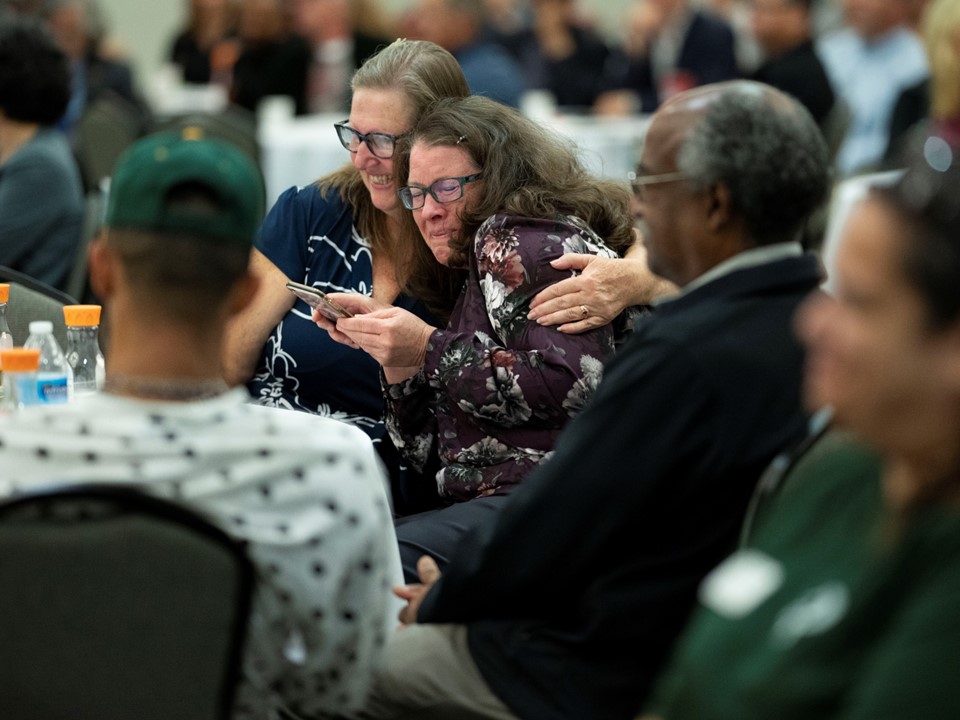Exploring the Transformative Effects of Service-Immersion Programs on Faculty Current scholarship in experiential learning considers the influence of service immersion programming on students, but the impacts on faculty can be surprising – and just as profound.
Main Article Content
Abstract
Service-immersion programs are prevalent at many universities, often housed in ministry, mission, or service-learning departments. These experiences vary from domestic to international exploration, often lasting five to twelve days. Unlike study abroad programs that usually last a semester, service immersion “trips” are shorter and often include some sort of community service component. Current scholarship in experiential learning has focused on the influence of service immersion programming on undergraduate students. What is missing from this literature is the effect of immersion participation on adult accompaniers such as faculty. Since these adults share the same basic experience as the students, they may experience some of the transformative development as their students. Using Mezirow’s Transformative Learning Theory, as our guide, we explored three areas of transformative development – the influence of the immersion experience on faculty themselves, how the experience affected the faculty members’ relationships with students, and how the experience affected classroom instruction. The results were positive as the participating faculty reported positive personal growth, a deeper understanding of their students, and an enhanced learning environment that included the classroom as well as additional opportunities such as mentoring.

